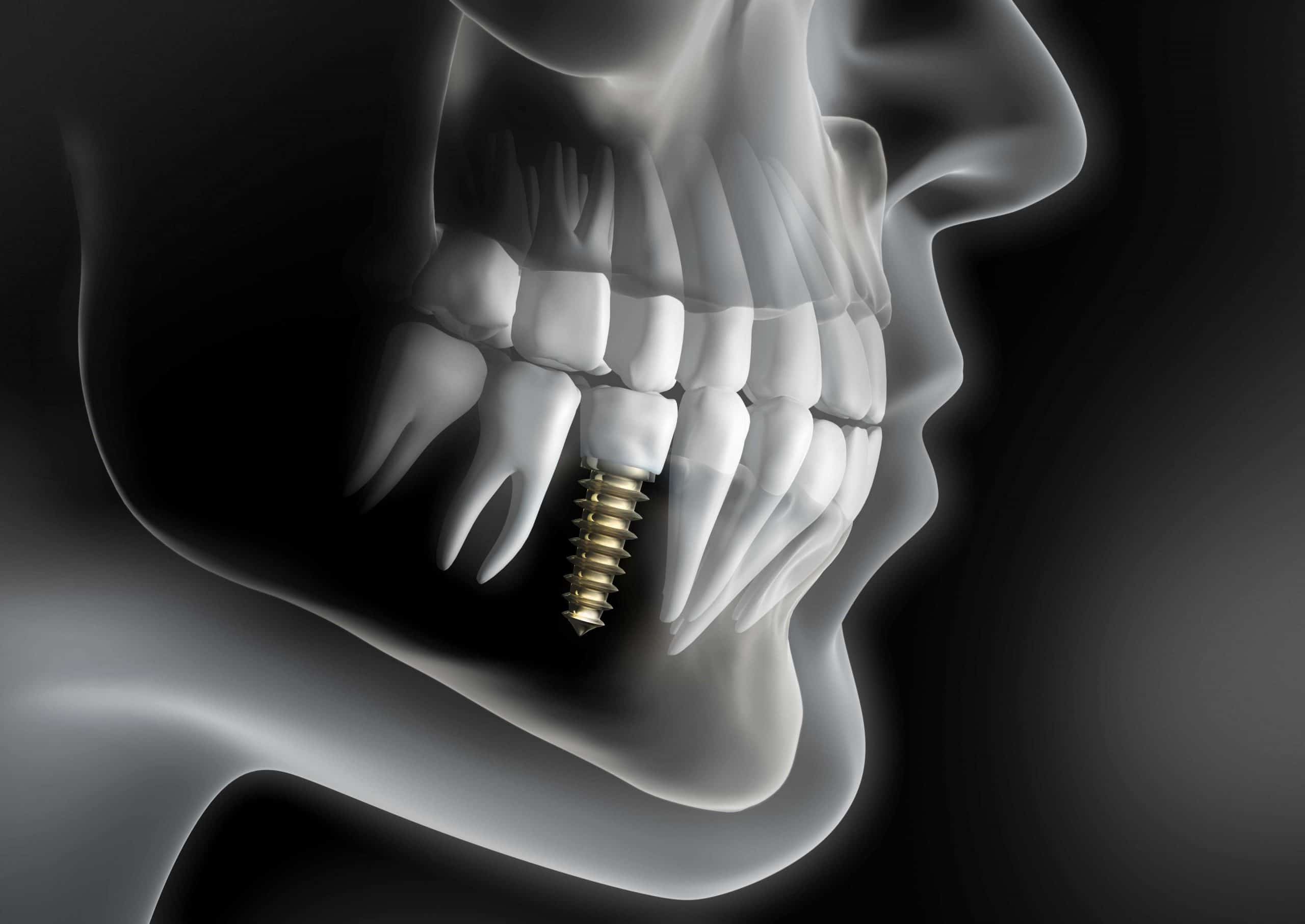Dental Care For a Loved One With Alzheimers
November 29, 2021
Are Dental Implants Right for You?
January 2, 2022Are you experiencing dry mouth? Do you wonder why it is possible when your mouth is so moist? People with diabetes know that the disease can damage nerves, hearts, eyes, nerves, and kidneys. But studies have shown that diabetes affects your oral health. Dr. Barry Levin DMD is a board-certified periodontist and the best periodontist serving Philadelphia. He can address symptoms like missing or loose teeth, bleeding gums, and persistent bad breath which are all indications of gum disease.
Patients with diabetes are more likely to develop periodontitis, an infection in the gums and bones that keep their teeth in place. Periodontal disease left untreated can cause pain, bad breath, and tooth loss. It begins with plaque, a soft, sticky substance that is accumulated on your teeth over time and primarily consists of bacteria. Plaque contains more than 500 different types of bacteria, some of which are good for your mouth and some of which are not. Those with diabetes have the same bacteria as those without diabetes. The difference lies in the intensity and nature of the body’s inflammatory response to the bacteria. Diabetes can impede the treatment of periodontal disease by slowing healing. Patients with diabetes are more likely to suffer from certain oral health issues, such as dry mouth, cavities, and missing teeth. So, visit the best periodontist serving Philadelphia.
About Diabetes
Diabetes is a prolonged, chronic condition that affects the way your body burns food. In most cases, the food you eat is broken down into sugar before being absorbed into the bloodstream. A rise in blood sugar makes your pancreas release insulin. Insulin allows blood sugar to enter your body’s cells for use as energy. Having diabetes means your body either does not make enough insulin or cannot use the insulin it produces correctly. If your cells stop responding to insulin or there is not enough insulin, you have too much blood sugar.
High blood sugar is associated with diabetes and oral health problems and poor control of blood sugar often lead to oral health problems. Uncontrolled diabetes reduces the body’s ability to fight bacterial infections in the mouth by weakening white blood cells. Studies have shown that lowering blood sugar levels can reduce the risk of major diabetes complications.
Dry Mouth
Having diabetes can result in dry mouth and thrush, which can cause painful white patches in the mouth. A dry mouth occurs when one does not have enough saliva, which keeps the mouth moist. It can also lead to infections, soreness, ulcers, and tooth decay. Age or medication may be the cause; however, diabetes may be a contributing factor. No matter the cause, the lack of saliva means sugar, acid, bacteria, and food debris cannot be washed away as easily.
Dental Cavities
According to studies, people with untreated diabetes have higher sugar levels in their saliva. The increase in sugar levels leads to the growth of bacteria and the development of cavities. A reason for this is diabetes sufferers tend to eat smaller meals more frequently throughout the day.
Tooth loss
Several factors contribute to the loss of teeth in people with diabetes. Diabetes patients are more prone to gum disease and periodontal disease if they are not controlled. An infection that persists can spread to the underlying bone that anchors the teeth. Complicating matters is the fact that infections do not heal as quickly in people with diabetes.
Takeaway
It is good to know that none of this happens immediately. There are plenty of things you can do to prevent gum disease. If you are in the greater metro Philadelphia area, call Dr. Barry Levin DMD today, the best periodontist serving Philadelphia. By getting regular dental or periodontal checkups, you can manage your diabetes and reduce your risks.

